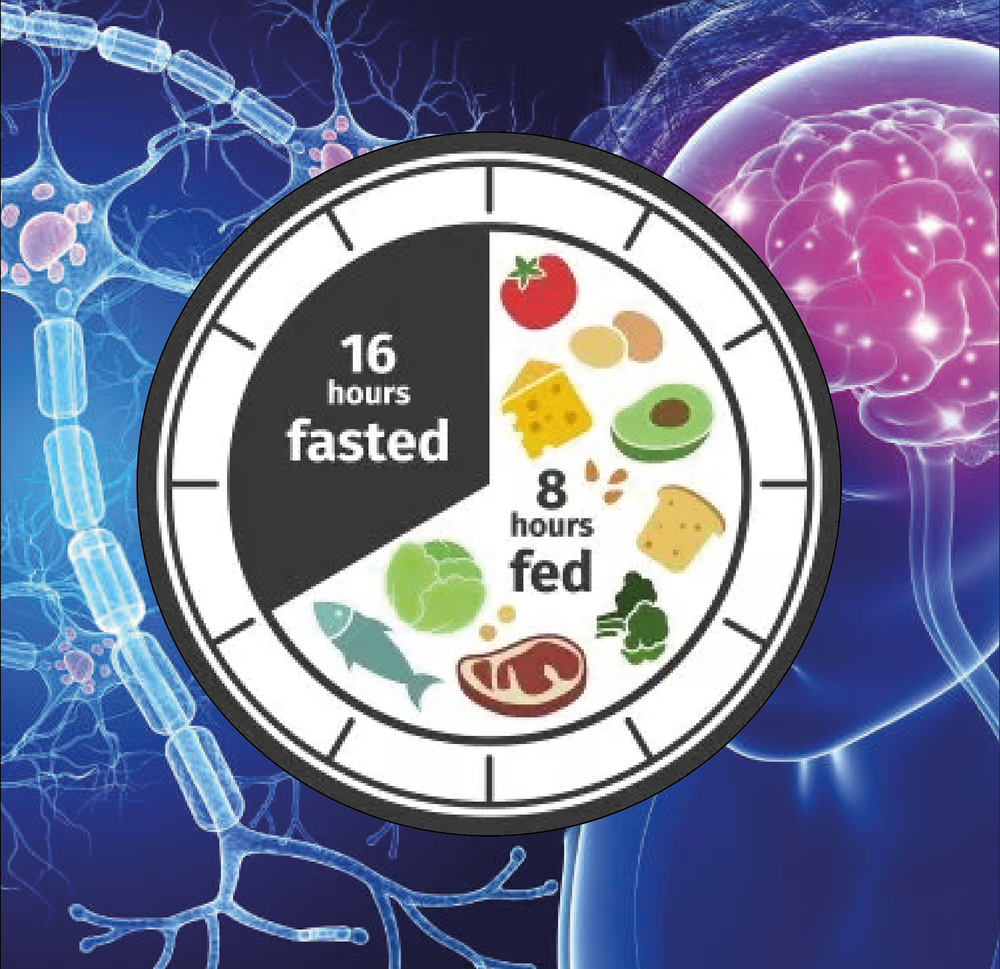Fasting reduces Multiple Sclerosis severity by altering Gut Microbiome, study finds

Photo: optimizewithscience.com
Recently it has been reported that the gut microbiome in MS patients is altered compared with healthy controls and previous studies show that intermittent fasting (IF) can be beneficial for MS, at least in mice. [2-4]
A paper published in the renowned journal Cell Metabolism shows how IF reduces MS severity in mice by altering the gut microbiome and thereby, shift the immune cells profile towards a more anti-inflammatory state.
Furthermore, a small clinical trial with MS patients also suggests beneficial effects of IF, which resemble the observed outcome in mice.
Experimental auto-immune encephalomyelitis (EAE) is an MS animal model that has been instrumental in the development of several MS therapies.
To analyze the potential effects of fasting on MS, mice were fasted every-other-day (IF) or fed ad libitum (as much as the mice liked to eat). The researchers observed that IF led to a delayed onset of the disease and fewer mice developed clinical EAE.
To read more the Abstract, please follow this link: https://www.optimizewithscience.com


